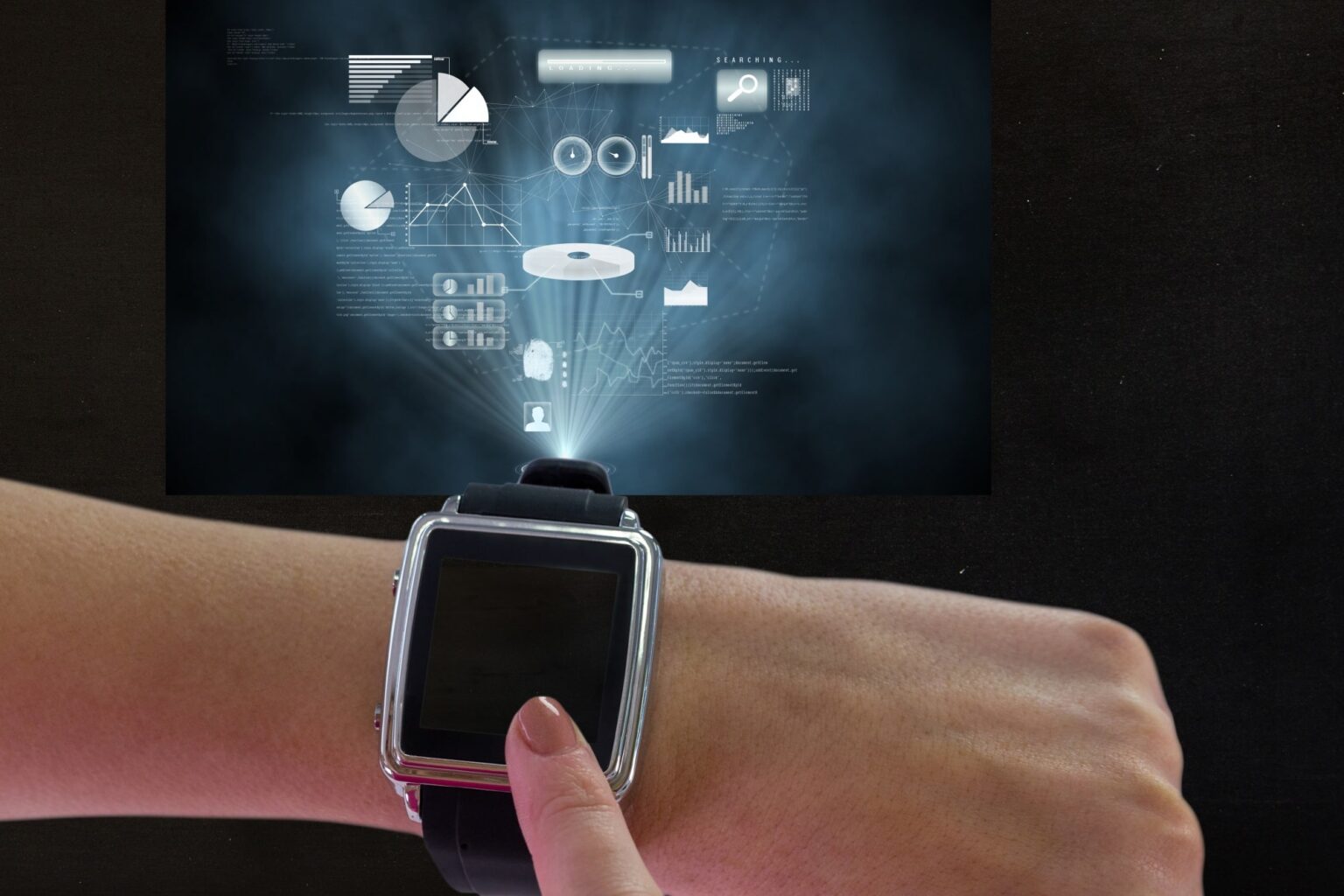The combination of IoT (Internet of Things) and wearable technology is driving the future of personal health monitoring, empowering individuals to track and manage their health in real time. Wearable devices equipped with sensors and connected to IoT networks provide a wealth of health data, enabling personalized health monitoring, early detection of health issues, and proactive healthcare management. Here’s how IoT and wearable technology are shaping the future of personal health monitoring:
Continuous Health Monitoring: Wearable devices such as smartwatches, fitness trackers, and health monitors collect real-time data on various health metrics, including heart rate, blood pressure, sleep patterns, physical activity, and even electrocardiograms (ECGs). This data is transmitted to IoT platforms or mobile apps, allowing individuals to monitor their health continuously and gain insights into their well-being.
Remote Health Monitoring: IoT-enabled wearables enable remote health monitoring, allowing healthcare providers to monitor patients’ health conditions without the need for frequent in-person visits. Patients can wear devices that track vital signs and transmit data to healthcare professionals in real time. This approach is particularly beneficial for patients with chronic conditions, enabling proactive interventions and reducing hospitalizations.
Early Disease Detection: IoT and wearable technology facilitate early detection of health issues by continuously monitoring vital signs and analyzing data patterns. Algorithms and machine learning algorithms can analyze data from wearable devices to identify abnormalities and potential health risks. Individuals can receive timely alerts and recommendations for further medical evaluation, enabling early intervention and better health outcomes.
Personalized Health Insights: IoT and wearable devices provide personalized health insights based on individual data. Data analytics and machine learning algorithms can analyze patterns, trends, and correlations in health data to provide personalized recommendations for lifestyle changes, exercise routines, and preventive measures. This helps individuals make informed decisions about their health and well-being.
Chronic Disease Management: Wearable devices connected to IoT platforms play a crucial role in managing chronic diseases. Patients with conditions such as diabetes, asthma, or hypertension can track their symptoms, medication adherence, and lifestyle factors using wearable devices. IoT platforms can integrate this data with electronic health records, allowing healthcare providers to monitor patients’ conditions remotely, adjust treatment plans, and provide timely interventions.
Health and Wellness Coaching: IoT and wearable technology support health and wellness coaching by providing real-time feedback and motivation. Wearable devices can track physical activity, sleep quality, and nutrition, helping individuals set and achieve health goals. Through IoT platforms or mobile apps, personalized coaching and recommendations can be provided, promoting healthier habits and sustained behavior change.
Health Data Integration: IoT and wearable devices facilitate the integration of health data from multiple sources. Wearable devices can sync with smartphones, electronic health records, and other healthcare systems, allowing for a comprehensive view of an individual’s health data. This integration enables healthcare providers to make more informed decisions, deliver personalized care, and improve care coordination.
Empowering Patient Engagement: IoT and wearable technology empower individuals to take an active role in managing their health. By providing real-time health data, actionable insights, and personalized recommendations, individuals become more engaged in their health and well-being. This leads to better self-care, increased awareness of health risks, and improved overall health outcomes.
While the future of personal health monitoring with IoT and wearable technology holds great promise, challenges such as data privacy, data security, and regulatory considerations need to be addressed. Ensuring the protection of sensitive health data and maintaining user trust are critical for the widespread adoption and success of IoT-enabled personal health monitoring solutions.



